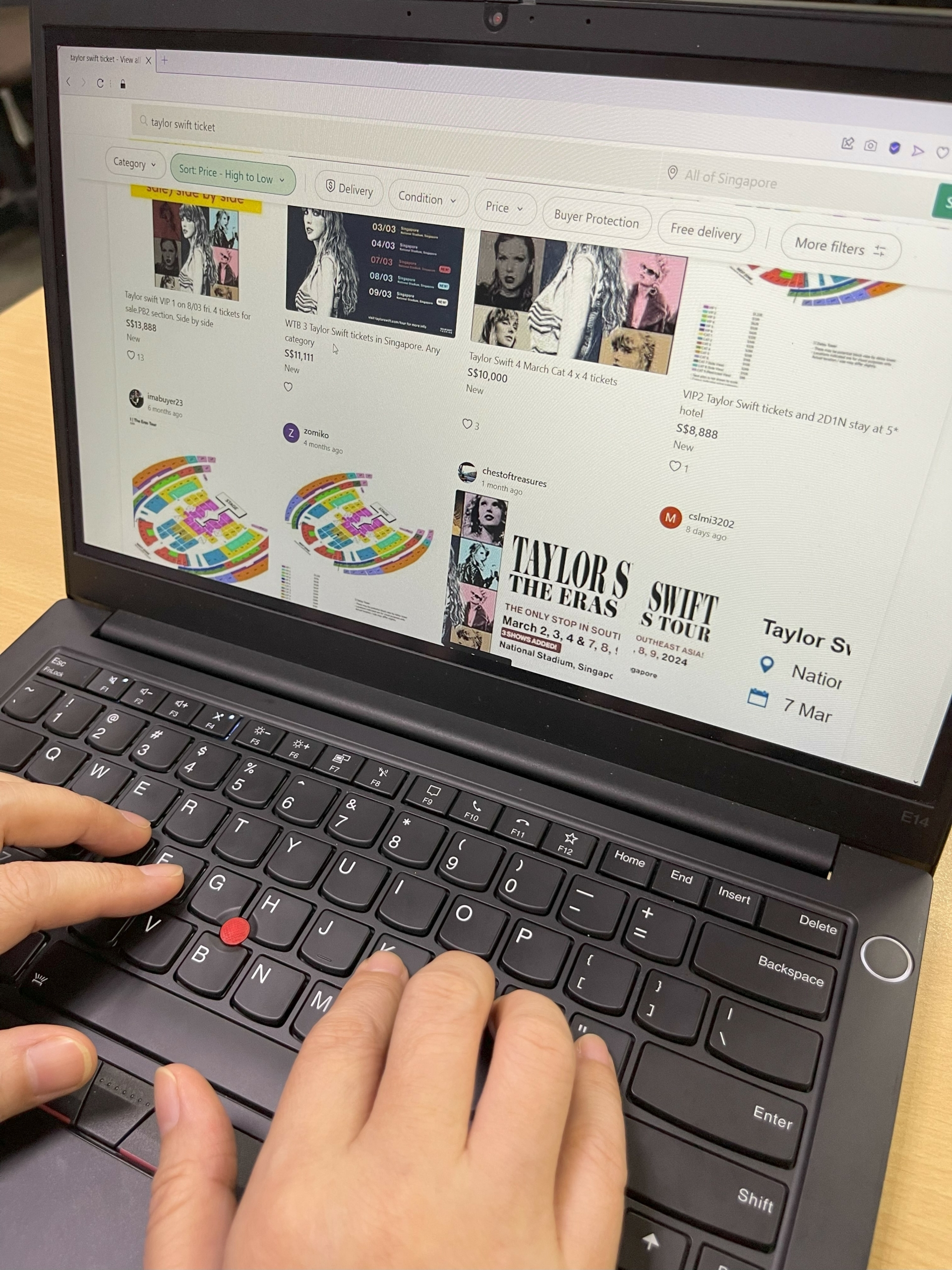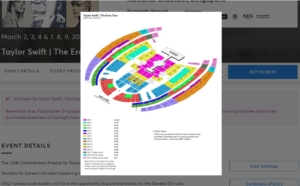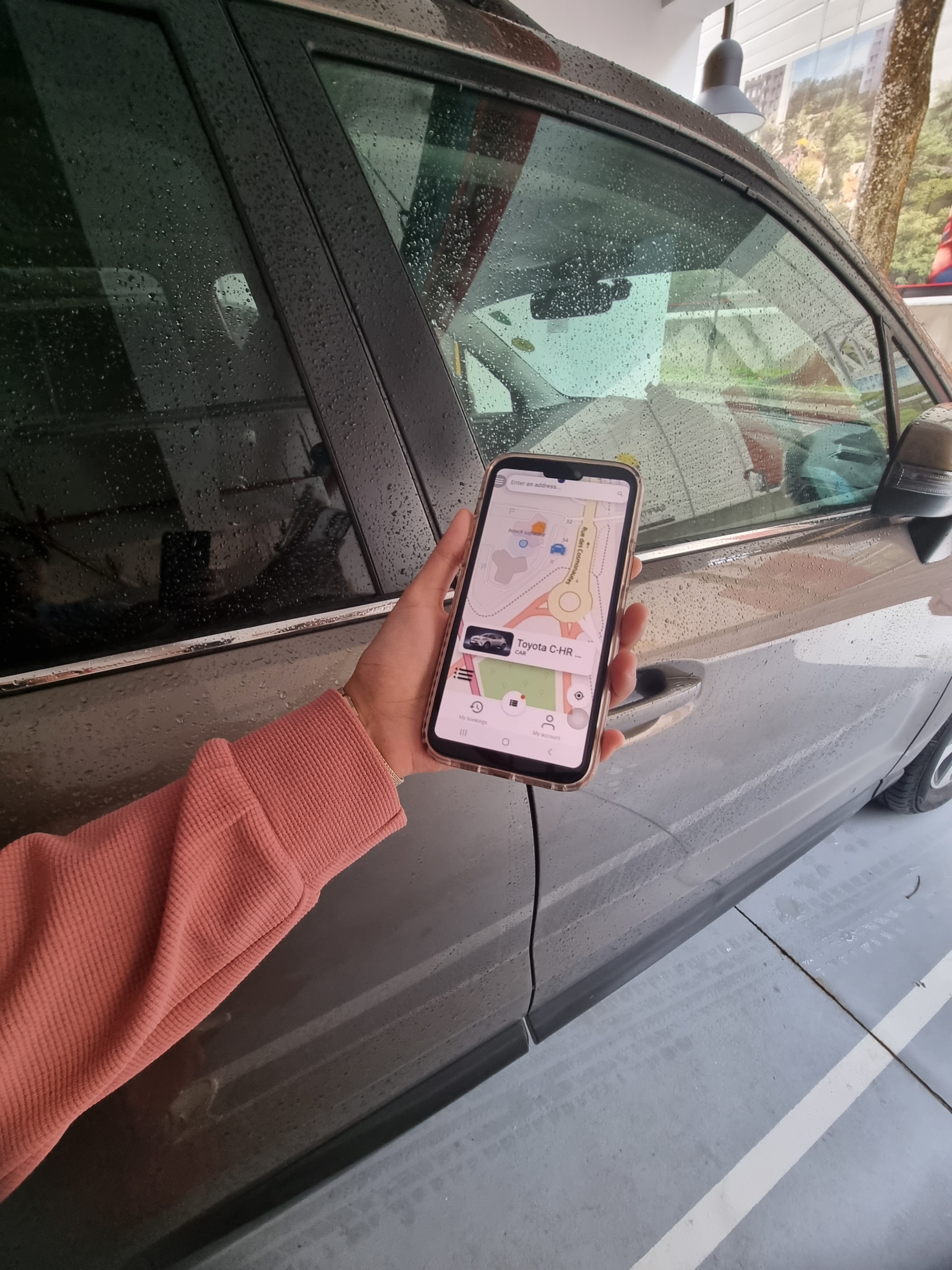
$300 concert ticket re-sold at $1,200 – would you buy it? Protecting consumers from being gouged by scalpers
This article is contributed by Melvin Yong, CASE President. Any extracts must be attributed to the author.
Would you pay four times the regular price for an item that you have been eagerly waiting for? How about if it was to an unscrupulous re-seller who used bots to snatch the item away from genuine buyers, such as yourself?
Singapore’s ticketed concert scene has seen a strong post-COVID-19 resurgence, with big names like Coldplay, Taylor Swift and Ed Sheeran announcing concerts here. However, because tickets were “sold out” within hours of release, many diehard fans had to turn to re-sellers to get their tickets.
In July 2023, it was reported that pre-sale tickets for Taylor Swift were sold out within three hours. Category 1 tickets, which were originally sold at $348 were put up for re-sale at $1,200, almost four times the original price!
.
Taylor Swift concert tickets were sold out within hours and later put up for re-sale
Willing buyer, willing seller?
While the sale and re-sale prices of event tickets are generally determined by supply and demand between willing buyers and willing sellers, the Consumers Association of Singapore (CASE) is concerned that scalping practices, especially when they are syndicated and involve the use of bots to secure tickets, could potentially lead to price distortion.
Unauthorised re-sellers often hike ticket prices dramatically, rendering the tickets unaffordable and unattainable for many fans.
CASE is also concerned about the effects of exorbitant re-sale ticket prices on young and vulnerable consumers who may not earn an income to support the purchases. You may have read articles where parents would do whatever it takes to secure tickets for their children.
If left unchecked, scalpers will profiteer at the expense of consumers. Artistes will suffer, and consumers will also be placed at higher risk of being scammed.
Rise in ticketing scams
It was reported that 54 Taylor Swift fans lost at least $45,000 to scammers who put up re-sale listings but had no intention to honour the sale. Figures from the Police showed that at least 462 victims had fallen prey to scams involving the sale of concert tickets since January 2023, with total losses amounting to at least $480,000.
In their desperation to get their hands on event tickets, fans may let down their guard, throw caution to the wind and attempt to buy tickets from dubious sources.
We need to do more to tackle the issue of scalping and scams related to event tickets. Here are my three recommendations on what the Government and the industry can do.
-
Introduce legislative safeguards against use of bots
First, we need to implement anti-scalping laws, which are already present in countries such as Japan and Australia. This would allow ticket buyers who genuinely have a change of plan to re-sell their tickets, without allowing scalpers to mark-up the tickets to an exorbitant amount.
In Japan, it is illegal for event tickets to be re-sold at prices higher than their retail value for commercial purposes. Violators face up to one year in prison and/or a fine of up to 1 million JPY.
In New South Wales, Australia, it is an offence for tickets to be re-sold for more than the original retail price, plus transaction costs (e.g. booking fees, delivery fees and credit card surcharges) up to a maximum of 10% of the original price. This law applies no matter how many times a ticket is re-sold. Furthermore, any advertisement to re-sell a ticket must include the original price and an asking price of no more than 10% above the original price.
An anti-scalping law in Singapore would also need to tackle the use of bots to secure tickets.
In the United States, the Better Online Ticket Sales (BOTS) Act makes it illegal for individuals and organisations to bypass a website’s security or technological features, such as the use of scalping bots or other software, to purchase event tickets. It is also illegal under the BOTS Act for tickets obtained via those methods to be re-sold.
Such overseas jurisdictions provide a framework for Singapore to adopt, and I urge the Government to consider having such a law in place.
-
Ensure legitimacy and traceability of event tickets
Next, event organisers should implement systems to ensure legitimacy and traceability of event tickets.
In 2018, Ed Sheeran made headlines when he took an aggressive stance against ticket scalping. Tickets for his concert were issued with the buyer’s name and attendees were subjected to identification checks before they were granted entry. Authorisation letters were required if tickets were purchased for other people.

Visit to CrowdServe
I recently visited CrowdServe, a local start-up that uses blockchain technology to combat ticket scalping and fraud. With blockchain technology, every ticket is unique and cannot be duplicated. At the same time, when tickets are re-sold, event organisers can track the movements which will go a long way in preventing fraud and scams.
Event organisers must do their part to ensure legitimacy and traceability of tickets.
-
Strengthen anti-scam measures on online marketplaces
Lastly, we must not forget the responsibility of online marketplaces, where many ticket re-sale transactions take place. Event organisers and online marketplaces should therefore work together to strengthen anti-scam measures.
One local example is how concert organiser Sozo recently worked with ticketing platform Ticketmaster to recover tickets that were sold by fraudulent re-sellers and suspicious accounts.
To promote a safe and trusted environment for transactions to take place, online marketplaces should authenticate re-sellers and obtain essential information such as the name and contact details of re-sellers. Merchant verification is something that I have called for repeatedly to ensure a safe e-marketplace for consumers transacting online.
Online marketplaces should also require re-sellers to provide proof of payment to official ticketing agents before the tickets can be listed. This will reduce scams where the purported re-seller has neither intention nor means to fulfill the sale.
A final word of consumer advice
Consumers intending to purchase event tickets are strongly advised to only buy them from authorised sellers. Consumers should also check and familiarise themselves with the prevailing terms and conditions set out by event organisers. There may be instances where proof of purchase and/or credit card used for payment are required before entry to the event could be granted.
Consumers who have not been able to purchase event tickets from authorised sellers and are considering alternative sources to get tickets should proceed with caution to avoid falling victim to scams. You should verify the source of the tickets and refrain from making full payment until you can confirm the authenticity of the tickets.
Although scalping is not illegal (yet) in Singapore, if a ticket buyer is found to have put up his ticket for re-sale, the concert organiser may seize or void the ticket without providing a refund.
Let’s stop profiteering, let’s stop scalping.


